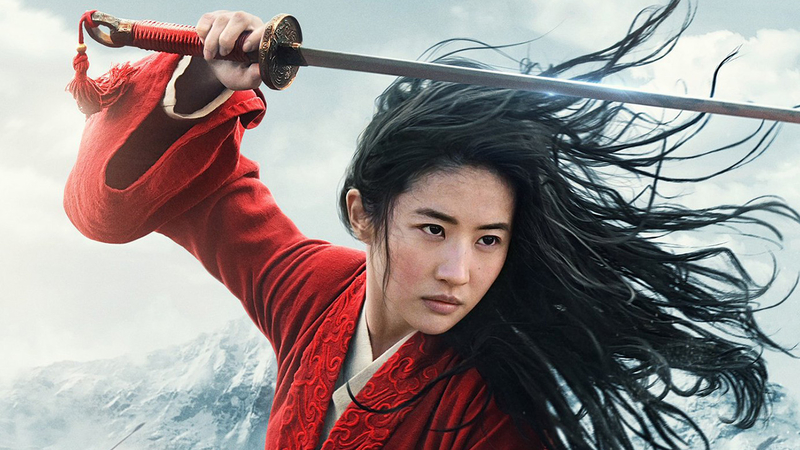Mulan 2020
February 27, 2020
The release of the live-action Mulan has sparked a cinematic frenzy. This film is set to come out March 27, 2020, and many people are excited to see what Mulan 2020 will bring.
When Mulan came out in 1998, there was also a craze surrounding it and is now regarded as Disney’s most feminist and culturally representative movie. Ian Freer, a writer at Empire, believes that Mulan is “As close to feminism as Disney gets. This is uplifting and often very funny.” The original Mulan was definitely a departure from the average prince charming ending.
The announcement of the new live-action version of Mulan has flooded the news outlets with details about the upcoming movie. Recently, it has come to the public’s attention that Mushu, the iconic dragon who accompanied Mulan on her missions, will not be in the film. This has sparked some controversy because Mushu played a very important role in the 1998 Mulan as he represented the ancestors of Mulan.
However, Mushu brought a very comedic and light-hearted tone to the 1998 version and having that same tone in the 2020 version would defeat the sense of realism that the director, Niki Caro, is hoping to achieve. Therefore, Disney has addressed the situation and claimed that because of realism purposes, they have chosen to leave out Mushu.
Adding to the controversy surrounding Mulan 2020, Caro has established that she will be leaving out the musical scenes since “we don’t tend to break into song when we go to war.” This also upset the public since part of Disney’s trademark is those iconic musical scenes in which you cannot help but sing along.
Although the soundtrack of Mulan will be dearly missed, leaving out the musical scenes will help to establish the realism Caro is trying to achieve. In doing so, Caro will be able to more effectively portray the serious reality of living as a woman in a patriarchal regime and the Chinese culture itself.
Like many other Disney productions that are based on folklore, Disney tends to alleviate the seriousness of the storyline; however, as a refreshing change, Caro is prioritizing realism in order to capture the true meaning of the original Chinese folklore, the “Ballad of Mulan.” In doing so, Caro is respecting and honoring the Chinese culture which has been somewhat overlooked in the 1998 version.
We can only hope that the director, Niki Caro, is able to capture the true meaning of Mulan that we fell in love with in the 1998 version while honoring the ancient folklore.
